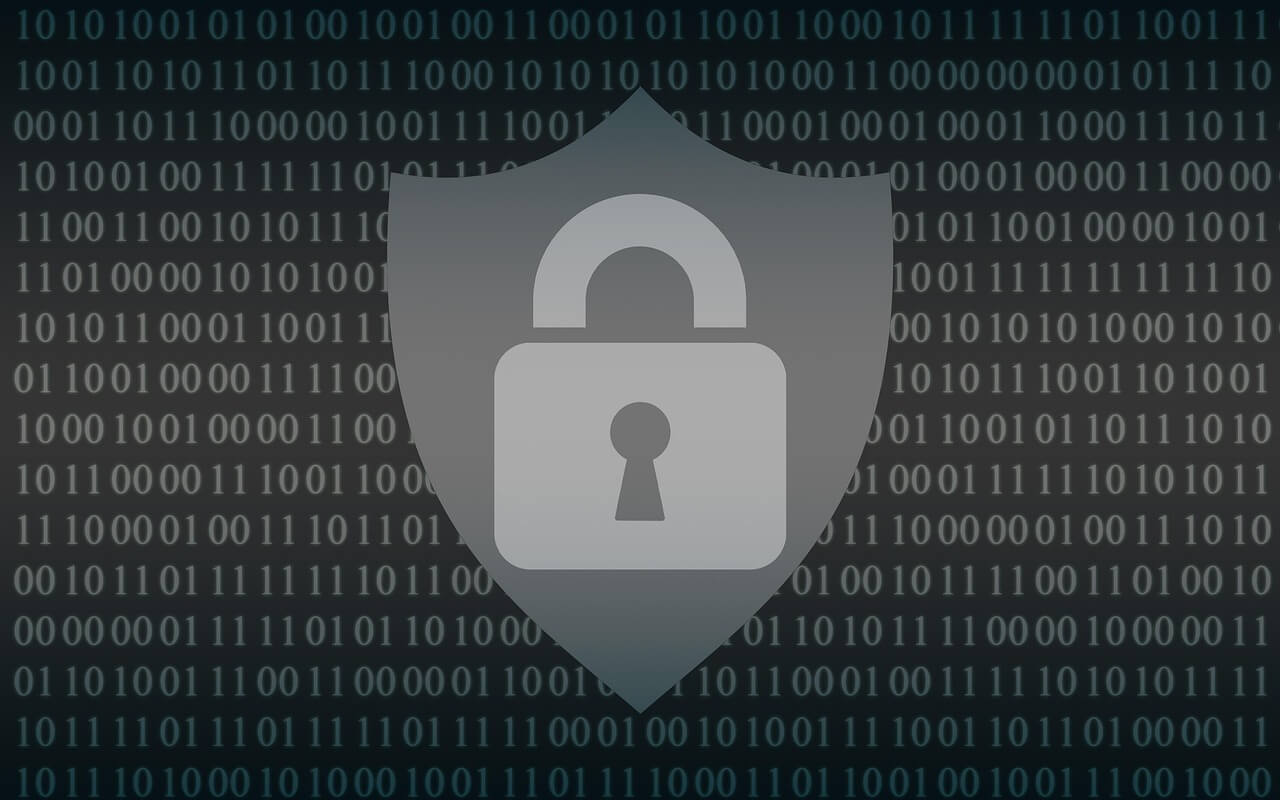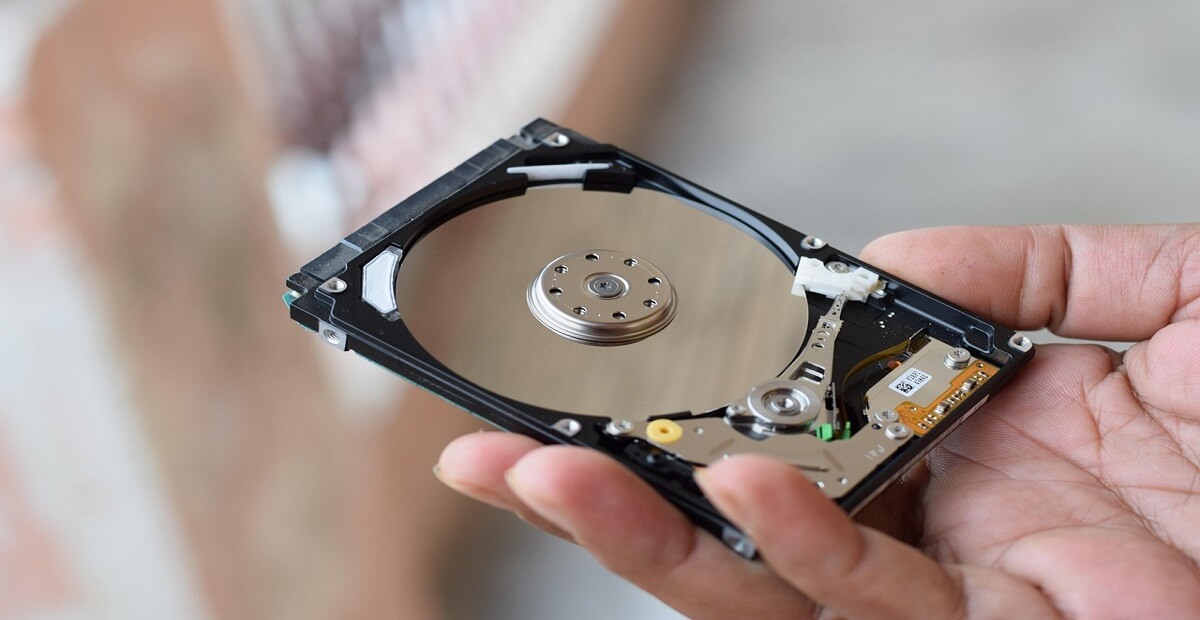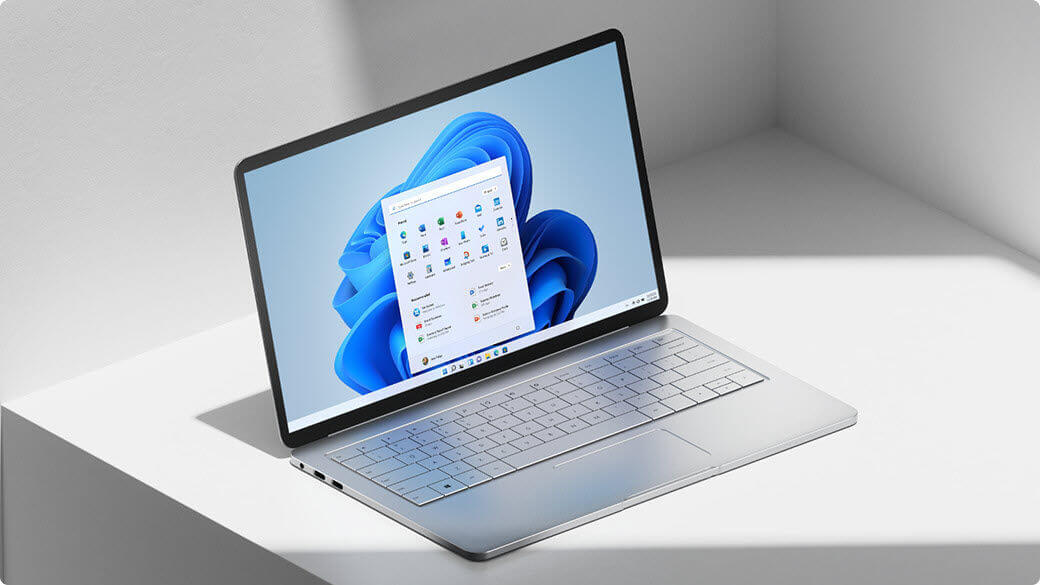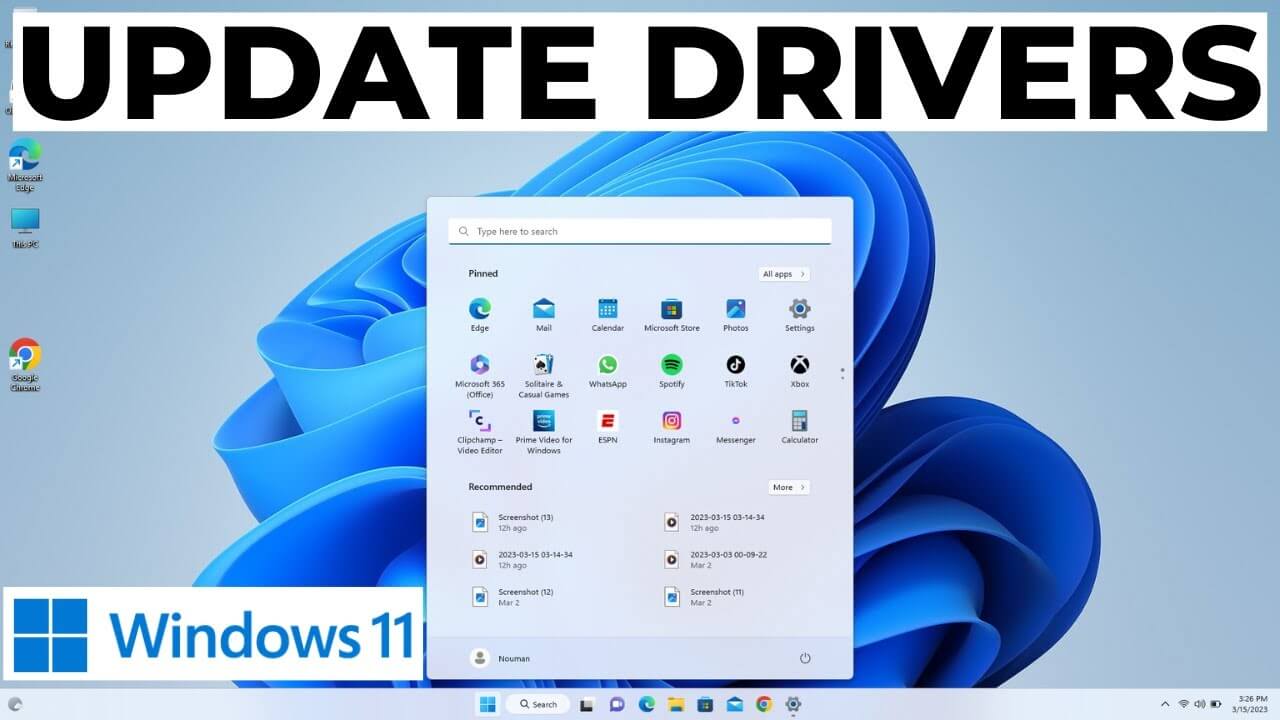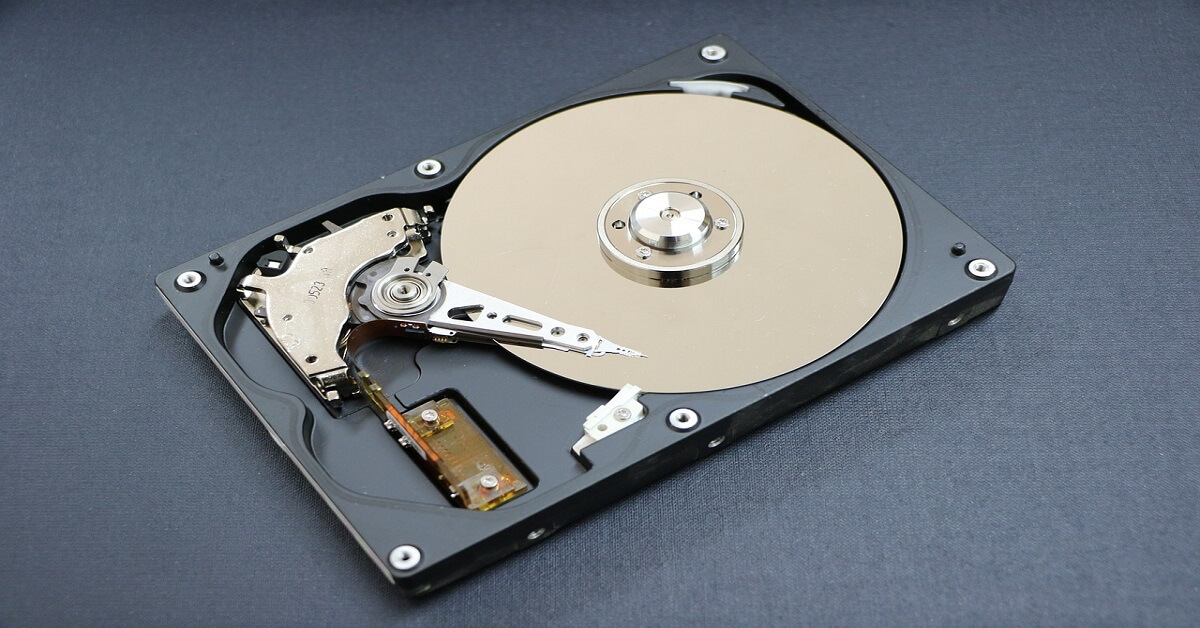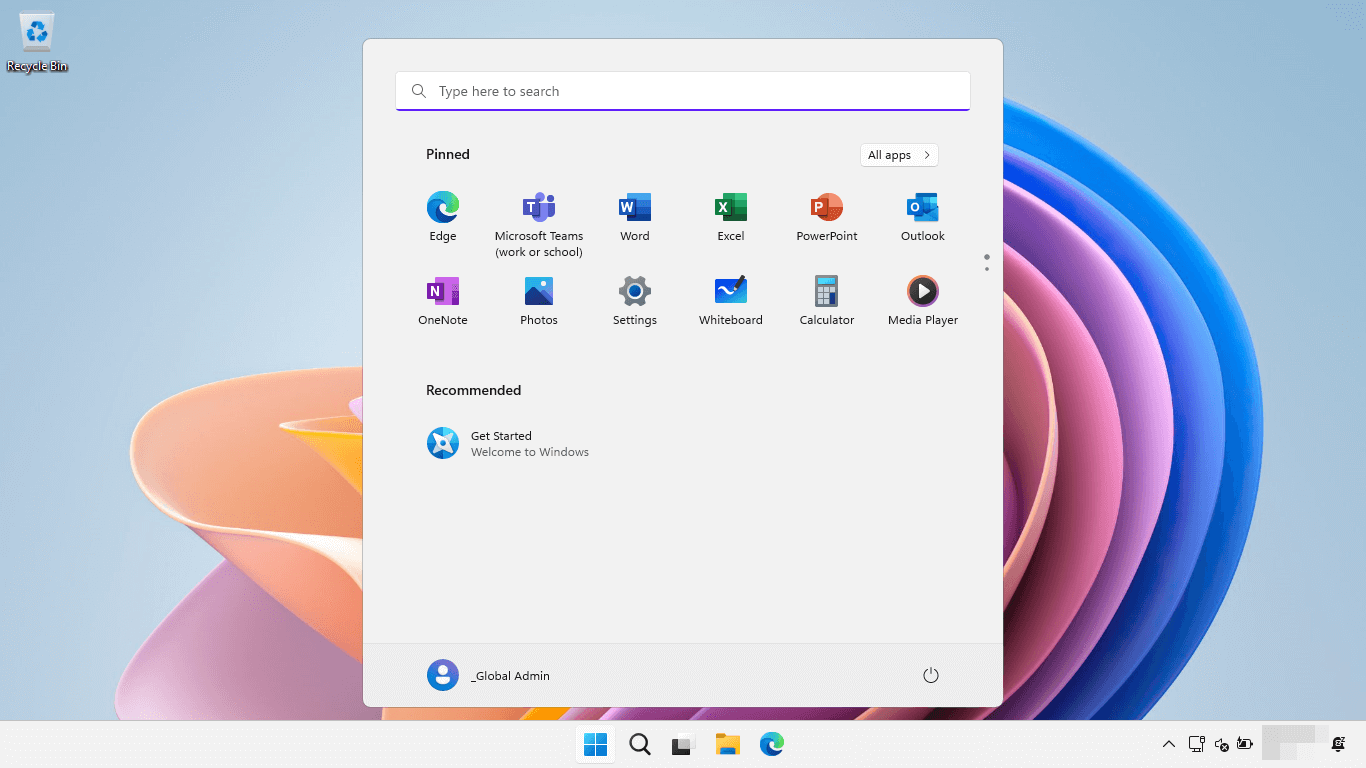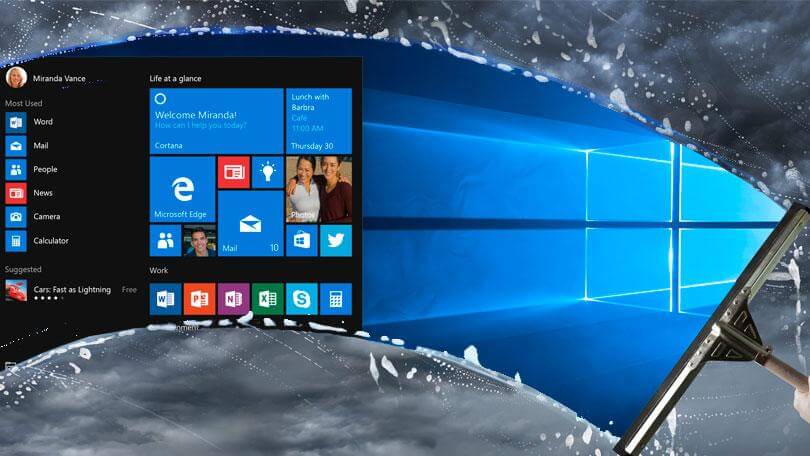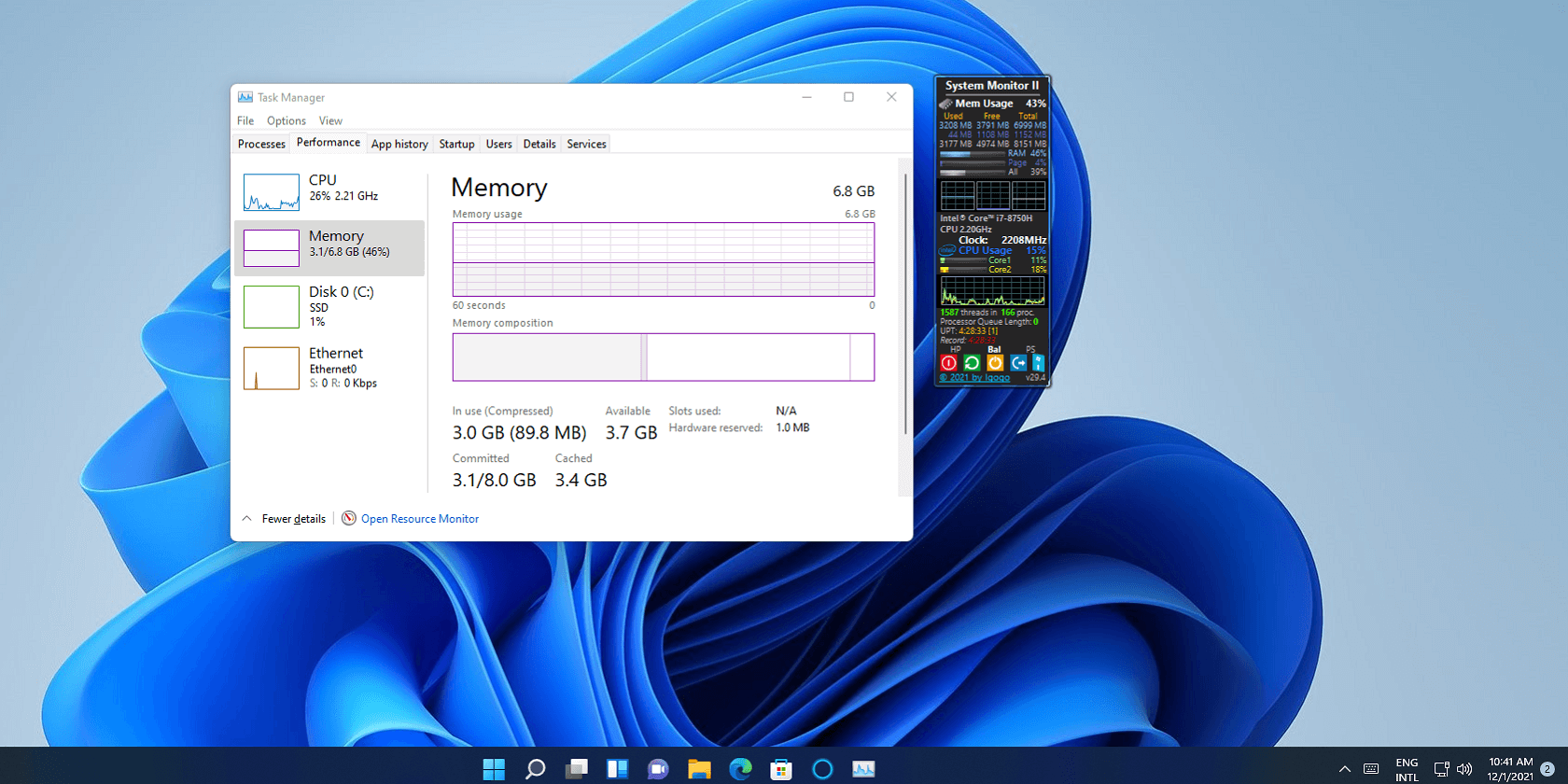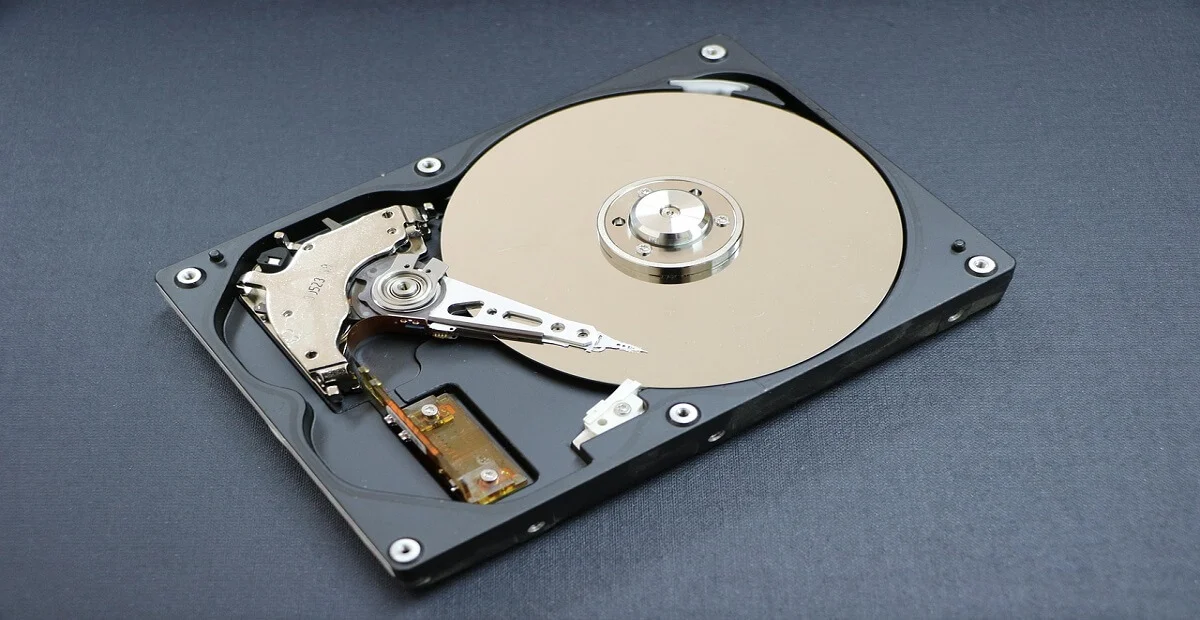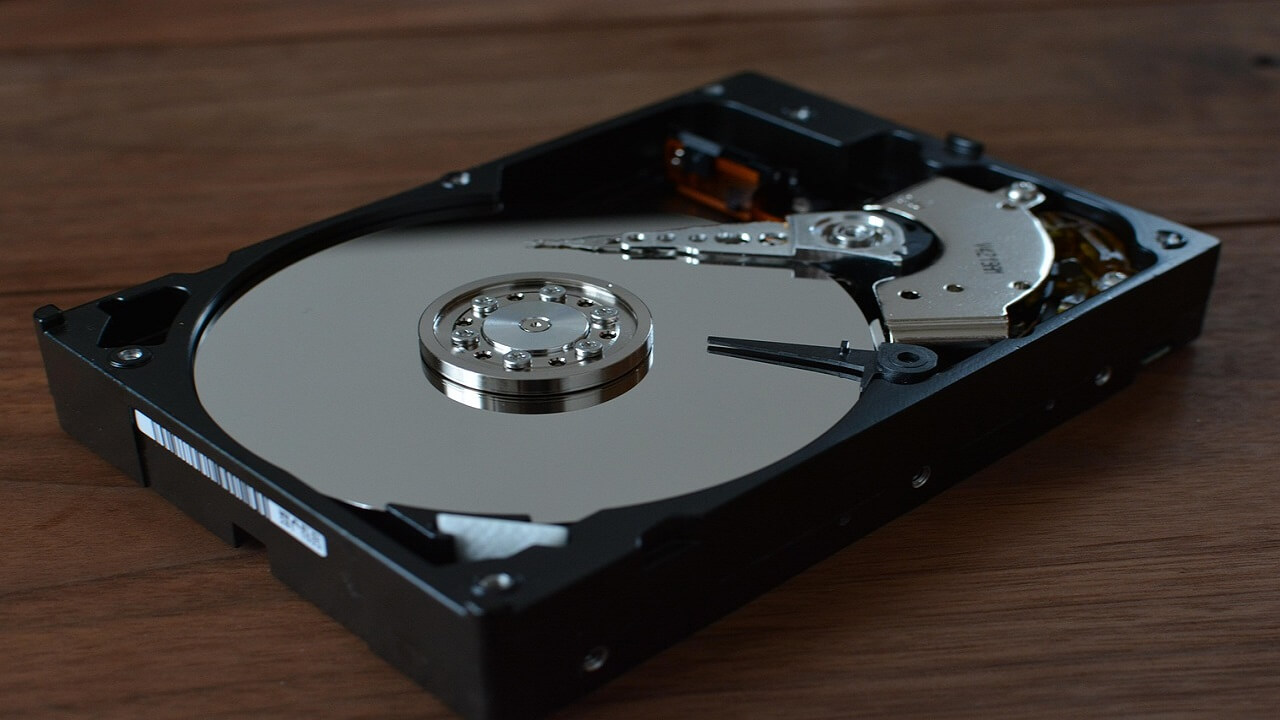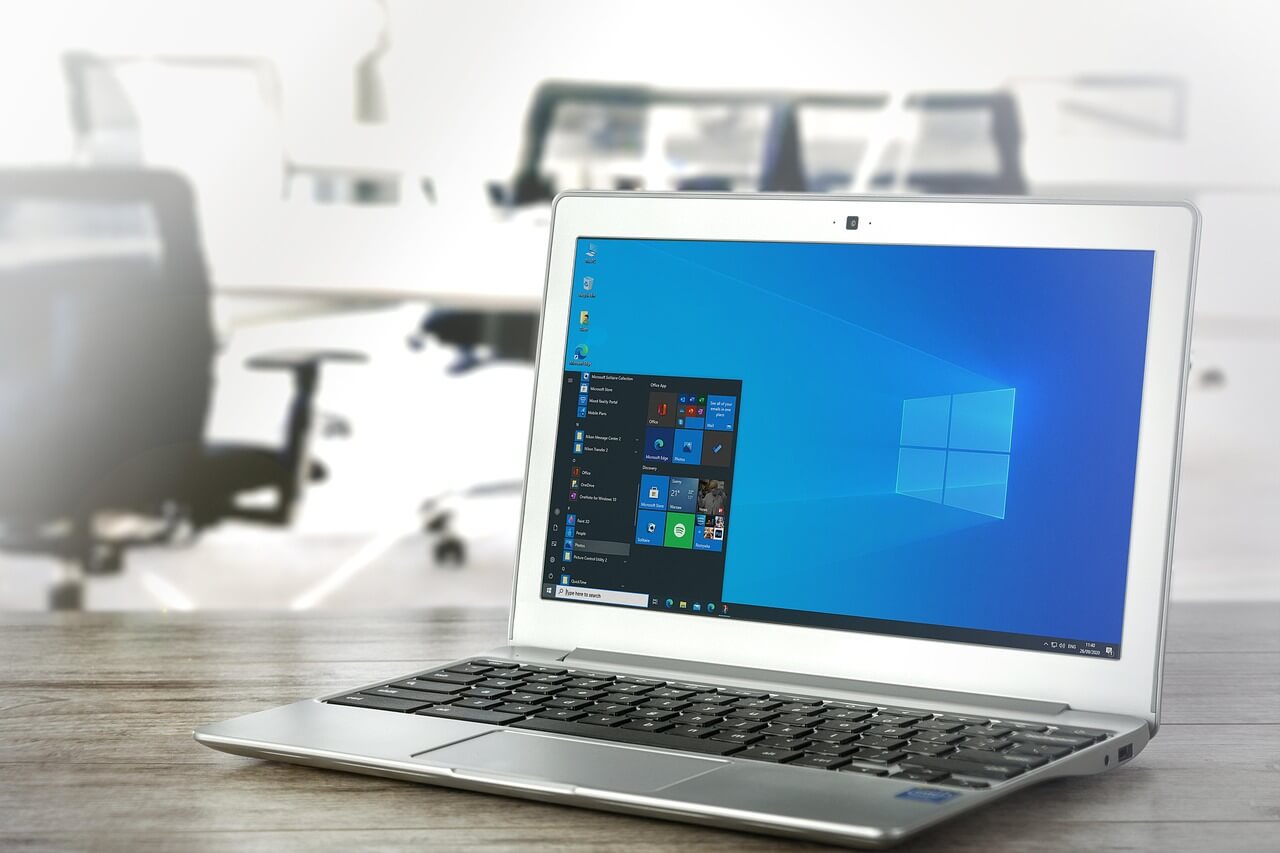How To Fix MSMPeng.exe Antimalware Service Executable High CPU
Is your computer running slow? Is your fan making loud noises? You might be facing the msmpeng.exe antimalware service executable high CPU problem. This is a common issue. The msmpeng.exe process can sometimes use too many of your computer’s resources. This makes everything else run slowly.
Many people get frustrated when they see msmpeng.exe antimalware service executable taking up 50%, 80%, or even 100% of their CPU. It feels like your computer is fighting against you. But don’t worry. This problem has solutions.
In this guide, we’ll explain what the msmpeng.exe antimalware service executable is. We’ll show you why it sometimes causes high CPU usage. Most importantly, we’ll give you simple, step-by-step fixes. By the end, you’ll know how to keep your computer protected without the slowdowns.
Part 1: What is MSMPeng.exe?
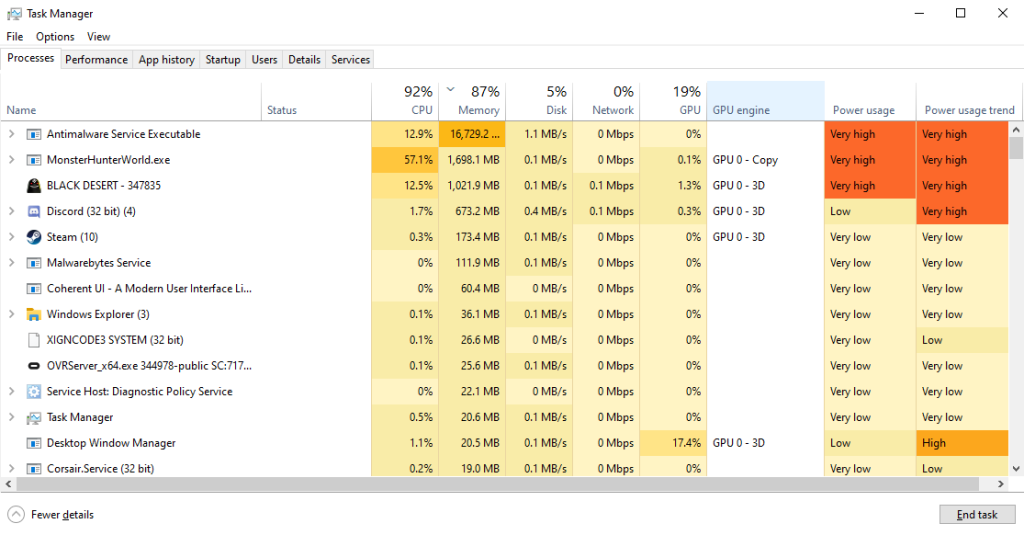
The MsMpEng.exe Antimalware Service Executable is a component of Windows Defender, Microsoft’s built-in security software designed to protect against viruses and other threats. Included for free with your Windows operating system, this process continuously runs in the background, ensuring your computer stays protected.
When you see msmpeng.exe antimalware service executable in Task Manager, it’s doing its job. It scans files and programs for threats. It checks for viruses when you download something new. It also runs scheduled scans of your entire system. All these tasks help protect your computer from harm.
Imagine the MsMpEng.exe Antimalware Service Executable as your computer’s security guard. Just like a real guard, it requires resources to perform its duties effectively. It relies on your CPU — the brain of your computer—to run scans and detect threats.
Most of the time, it operates discreetly in the background, but occasionally, it may need extra processing power to handle security tasks more thoroughly.
Part 2: What Causes the MSMPeng.exe Antimalware Service Executable Error
The msmpeng.exe antimalware service executable high CPU issue happens for several reasons.
Here are the main reasons why msmpeng.exe might use too much CPU:
- Full system scan – When Windows Defender runs a complete scan of your computer, it needs lots of processing power.
- Real-time protection – Constant checking of every file you open can strain your system resources.
- Outdated Defender definitions – Old virus definition files can make scans less efficient.
- Too many files to scan – Having many files in download folders or temporary directories makes scans take longer.
- Conflicts with other antivirus programs – Running multiple security programs can cause them to fight for resources.
- Windows Update issues – Problems with updates can affect how Windows Defender works.
- Corrupted system files – Damaged Windows files can make msmpeng.exe work harder than needed.
- Malware infection – Ironically, having actual malware can make Defender work overtime trying to remove it.
Part 3: Pros and Cons of Fixing this Error
Pros:
- Your computer will run faster and respond better.
- You’ll save battery life on laptops.
- Your computer fan won’t run as loudly.
- Programs will open and run more smoothly.
- You’ll still have protection against threats.
Cons:
- Some fixes might slightly reduce security if not done right.
- You’ll need to monitor your system more closely after changes.
- Some solutions require technical steps you might not be familiar with.
- You might need to repeat some fixes after major Windows updates.
Part 4: Precautions to Take While Fixing the MSMPeng.exe Antimalware Service Executable Error
Before trying to fix the MSMPeng.exe antimalware service executable high CPU issue, take these precautions. They’ll help ensure you don’t cause new problems while fixing this one.
- Back up important files – Always save your important data before making system changes.
- Create a restore point – This lets you undo changes if something goes wrong.
- Don’t disable Windows Defender completely – This would leave your computer unprotected.
- Download software only from official sources – Avoid risky websites when getting tools for fixes.
- Read instructions carefully – Make sure you understand each step before doing it.
- Start with simple fixes first – Try basic solutions before moving to more complex ones.
- Restart your computer between major changes – This helps ensure changes take effect properly.
- Keep track of what you changed – Write down your steps so you can reverse them if needed.
Part 5: Top Ways to Fix the msmpeng.exe Antimalware Service Executable Error
Here are six proven methods to fix the msmpeng.exe antimalware service executable high CPU problem. Try them in order, starting with the simplest solutions.
Fix 1: Schedule Scans During Idle Time
One easy way to reduce msmpeng.exe antimalware service executable error is to change when scans happen. Setting scans for times when you’re not using your computer helps a lot.
Windows Defender provides built-in options to customize scan schedules, allowing you to choose specific days and times for automatic scans. This ensures that system performance remains smooth when you need your computer for important tasks.
Configuring these settings properly can significantly improve efficiency and prevent unnecessary slowdowns caused by background antivirus processes.
Steps:
- Type “tasks” into the search bar and select Task Scheduler.
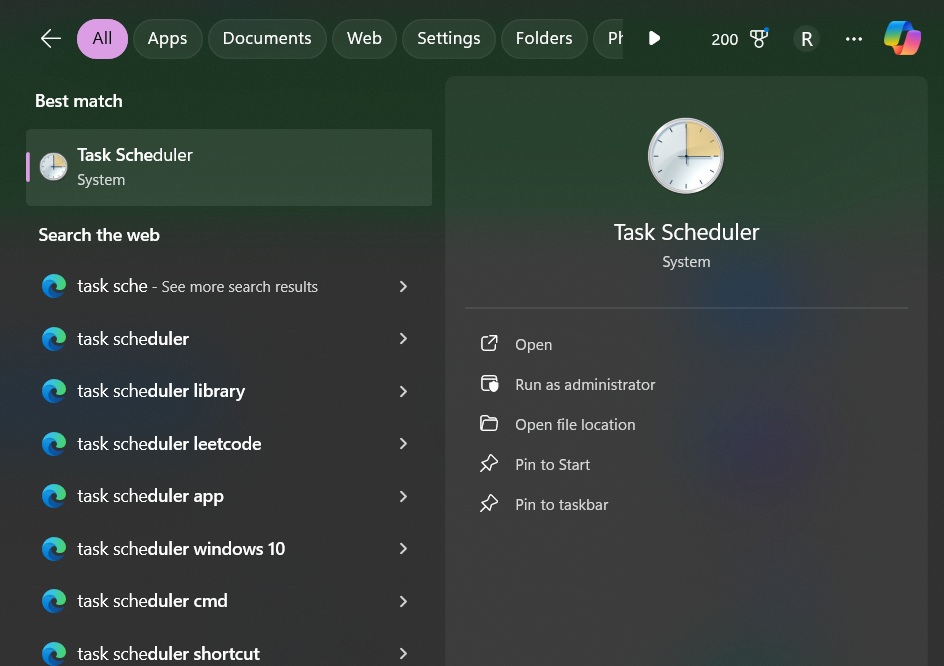
- In Task Scheduler, navigate to the Task Schedule Library from the top left corner.
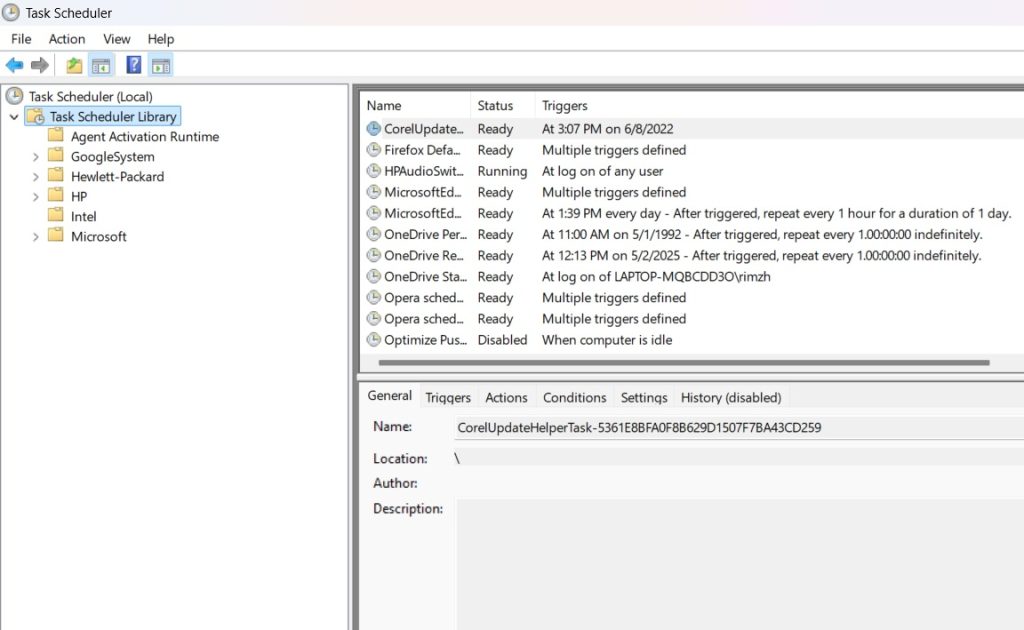
- Open the Microsoft folder. Scroll down to Windows. Select Windows Defender from the left menu to view the current scan schedules. Double-click Windows Defender Scheduled Scan to open a new settings window.
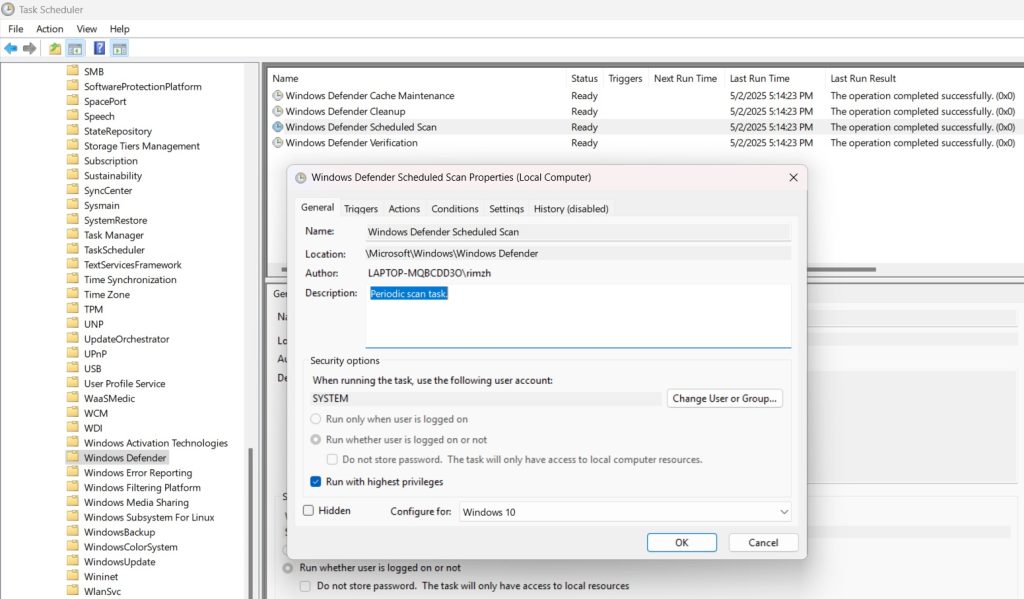
- Within this window, you’ll find various customization options under the Triggers section, allowing you to define scan criteria.
This will enable you to set your own scan schedule for Windows Defender Antivirus.
Fix 2: Add Exclusions to Windows Defender
The msmpeng.exe antimalware service executable works hard when scanning large files or folders. Telling it to skip certain safe locations can reduce CPU usage.
Adding exclusions means Windows Defender won’t scan those files or folders. Only do this for locations you trust completely.
Steps:
- Open Windows Security (as in Fix 1). Go to “Virus & threat protection”. Click “Manage settings” under “Virus & threat protection settings.”. Scroll down to “Exclusions” and click “Add or remove exclusions.”
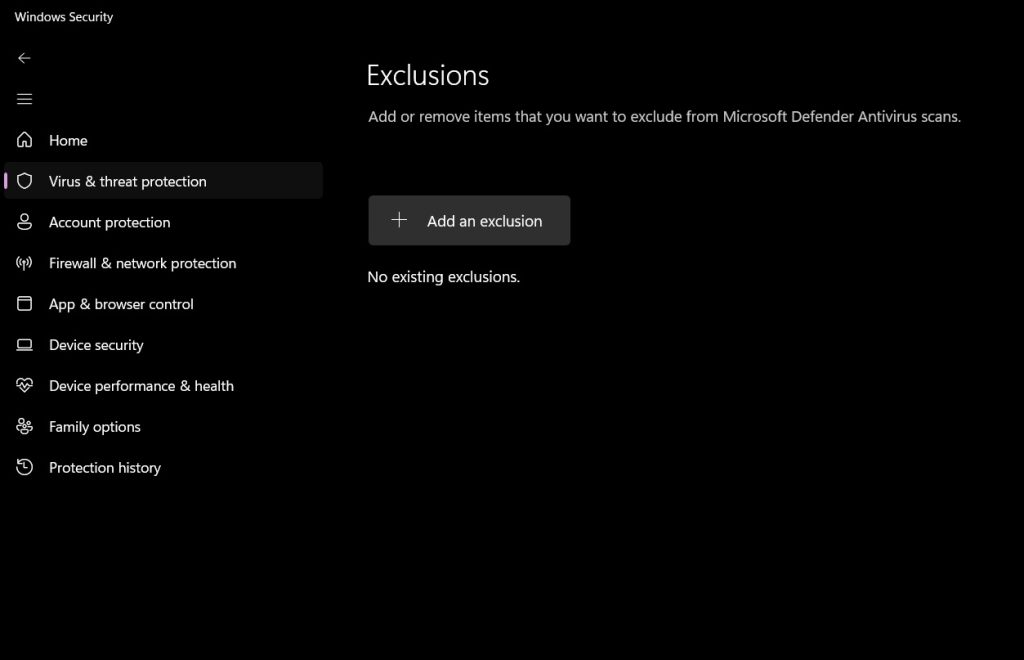
- Click the “+” button to add an exclusion. Choose the type: file, folder, file type, or process. Select what you want to exclude. Click “OK” to save.
Fix 3: Clean Up Temporary Files
Temporary files can build up over time. The msmpeng.exe antimalware service executable checks all these files during scans. Fewer files mean shorter scans and lower CPU usage.
Cleaning up junk files gives your computer more breathing room. It also makes Windows Defender’s job easier.
Steps:
- Press Windows key + R. Type “cleanmgr” and press Enter.
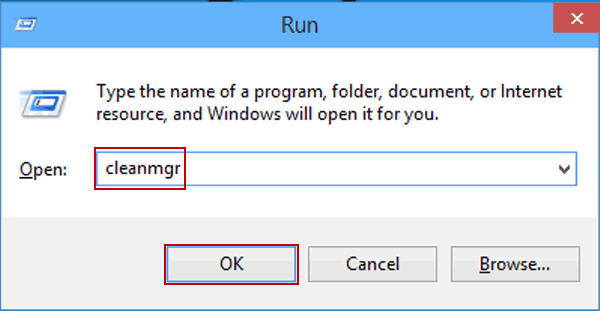
- Select your main drive (usually C:). Click “OK”. Check boxes for file types you want to delete. Click “OK” again. Confirm by clicking “Delete Files”. Wait for the cleanup to finish.
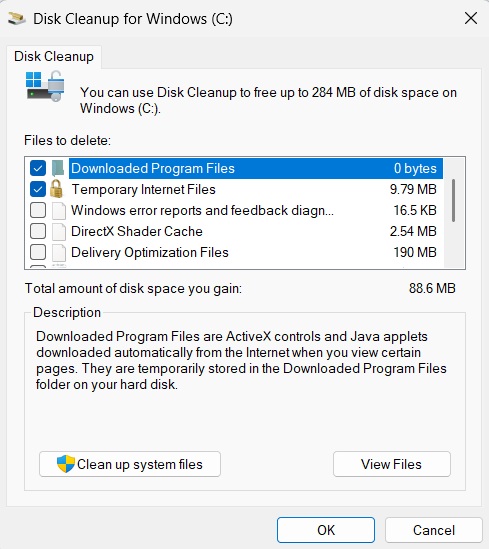
Fix 4: Update Windows Defender
Outdated virus definitions can make the MSMPeng.exe antimalware service executable work harder than needed. Keeping Windows Defender updated improves its efficiency.
Updates include better detection methods and optimizations. These help reduce CPU usage while maintaining protection.
Steps:
- Press Win + I to launch Windows Settings. Go to Windows Update: In the left-hand menu, click “Windows Update”.
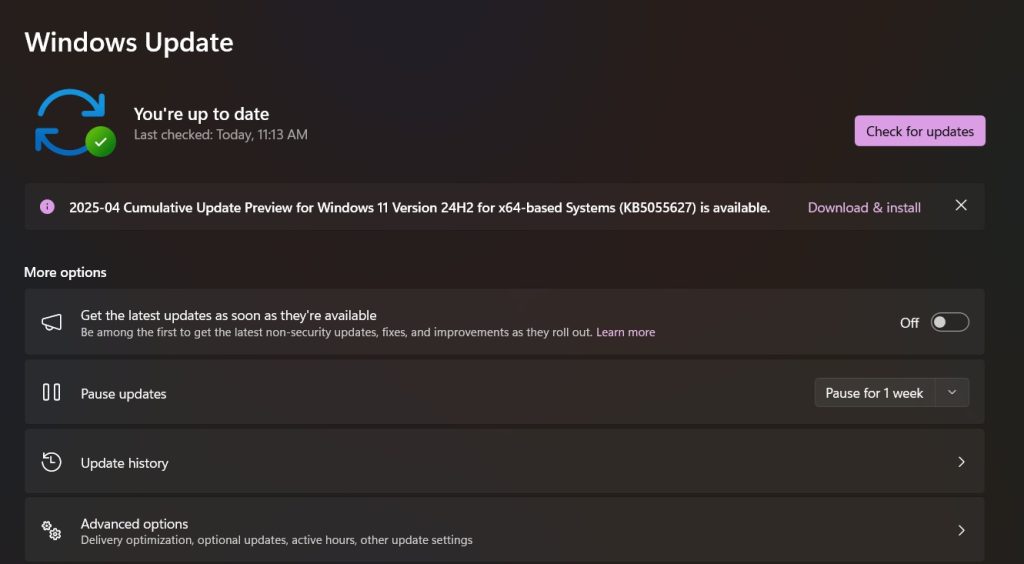
- Click “Check for updates” and install any available security updates.
Fix 5: Use Controlled Folder Access
Sometimes the msmpeng.exe antimalware service executable watches too many folders. Controlled folder access lets you focus protection on important locations only.
This feature protects specific folders from ransomware and other threats. It can reduce overall scanning activity.
Steps:
- Open Windows Security. Click “Virus & threat protection”. Scroll down to “Ransomware protection”. Click “Manage ransomware protection.”
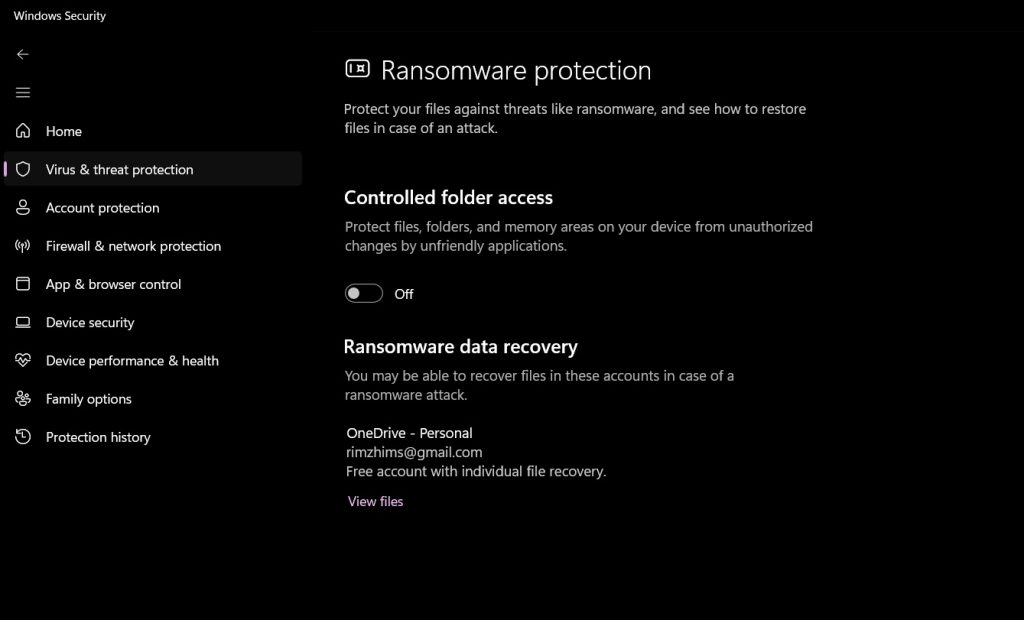
- Turn on “Controlled folder access”. Click “Protected folders” to see what’s included. Add or remove folders as needed.
Restart your computer
Fix 6: Adjust Windows Defender CPU Usage
For Windows 10 Pro users, you can limit how much CPU the msmpeng.exe antimalware service executable uses. This keeps protection running without slowing other tasks.
Group Policy Editor lets you set a maximum percentage for Windows Defender CPU usage.
Steps:
- Press Windows key + R. Type “gpedit.msc” and press Enter. Navigate to Computer Configuration > Administrative Templates > Windows Components > Windows Defender Antivirus > Scan. Find “Specify the maximum percentage of CPU utilization during a scan.”
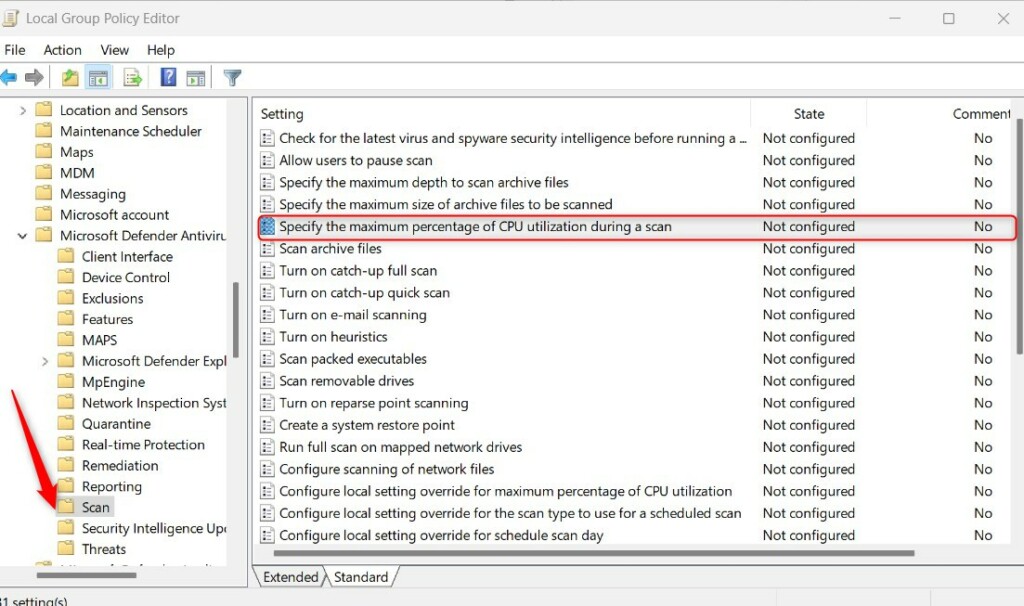
- Double-click it and select “Enabled“. Set the CPU priority to “Low”. Click “Apply” then “OK”. Restart your computer
Conclusion
The msmpeng.exe antimalware service executable high CPU problem affects many Windows users. It can make your computer slow and frustrating to use. But as we’ve seen, several solutions exist. From scheduling scans to cleaning temporary files, you have options.
Remember that Windows Defender works to keep your computer safe. The msmpeng.exe process is not harmful, even when it uses high CPU. The key is finding the right balance between security and performance. You need protection, but not at the cost of a usable computer.
By following the fixes in this guide, you can reduce msmpeng.exe antimalware service executable CPU usage. Your computer will run faster while staying protected from threats. If one solution doesn’t work, try another. With patience, you’ll find the right fix for your situation.
FAQs
Is it safe to disable the MSMPeng. exe antimalware service executable?
No, completely disabling the msmpeng.exe antimalware service executable is not recommended. This would turn off Windows Defender, leaving your computer vulnerable to viruses and malware. Instead, use the methods in this article to reduce its CPU usage while keeping protection active.
Why does the MSMPeng.exe antimalware service executable use so much CPU at random times?
The msmpeng.exe process often spikes when it finds something suspicious or starts a scheduled scan. It might also use more CPU after you install new programs or download files. These are normal behaviors as Windows Defender works to check new content for threats.
Do I need Windows Defender if I have another antivirus program?
Generally, you should use only one active antivirus program at a time. If you install a third-party antivirus, Windows Defender usually turns itself off automatically. Having multiple antivirus programs running can cause conflicts and high CPU usage from the msmpeng.exe antimalware service executable.
Popular Post
Recent Post
Supercharge Your Productivity: A Solopreneur’s and SMB’s Guide to Mastering Google Workspace with Gemini’
Picture this. It’s Monday morning. You open your laptop. Email notifications flood your screen. Your to-do list has 47 items. Three clients need proposals by Friday. Your spreadsheet crashed yesterday. The presentation for tomorrow’s meeting is half-finished. Sound familiar? Most small business owners live this reality. They jump between apps. They lose files. They spend […]
9 Quick Tips: How To Optimize Computer Performance
Learn how to optimize computer performance with simple steps. Clean hard drives, remove unused programs, and boost speed. No technical skills needed. Start today!
How To Speed Up My Computer/Laptop Windows 11/10 [2025]
Want to make your computer faster? A slow computer can be really annoying. It takes up your time and makes work more difficult. But with a few easy steps, you can improve your laptop’s speed and make things run more smoothly. Your computer slows down over time. Old files pile up. Programs start with Windows. […]
How To Fix Low Disk Space Error Due To A Full Temp Folder
A low disk space error due to a full temp folder is a common problem. Many users face this issue daily. Your computer stores temporary files in special folders. These files ensure optimal program performance, but they can accumulate as time goes on. When temp folders get full, your system slows down. You might see […]
How to Use Disk Cleanup on This Computer: Step-by-Step Guide
Computers getting slow is just the worst, right? Well, yes! Files pile up on your hard drive. Luckily, the Disk Cleanup tool on your PC is here to save the day. It clears out unnecessary files, giving your system the boost it needs to run smoothly again. A lot of users aren’t aware of the […]
Top 25 Computer Maintenance Tips: Complete Guide [2025]
Computer maintenance tips are vital for every PC user. Without proper PC maintenance, your system will slow down. Files can get lost. Programs may crash often. These computer maintenance tips will help you avoid these problems. Good PC maintenance keeps your computer running fast. It makes your hardware last longer. Regular computer maintenance tips can […]
Reclaiming Disk Space On Windows Without Losing Files: A Complete Guide
Running low on storage can slow down programs and trigger that annoying “low disk space” warning. Files accumulate over time, cluttering the drive. The good news? It’s possible to reclaim space without deleting anything important. Reclaiming disk space on Windows without losing files is easier than you think. Your computer stores many temporary files, old […]
Fix Issues Downloading From the Microsoft Store on Windows 11, 10 PC
Do you get excited when you’re about to download a new app or game? You open the Microsoft Store, click the download button… but nothing happens. Or maybe it starts and then suddenly stops. Sometimes, strange messages pop up like “Something happened on our end” or “Try again later.” That can be really annoying. But […]
Fix Low Disk Space Errors Quickly On Windows 11, 10 PC [2025]
Low disk space errors can slow down your Windows PC. These errors appear when your hard drive runs out of room. Your computer needs space to work properly. When space runs low, programs crash and files won’t save. Windows shows warning messages about low disk space. Your PC may freeze or run slowly. You might […]
How To Uninstall Software From My Computer: Complete Guide [2025]
Learning how to uninstall software from my computer is a key skill. Every PC user needs to know this. Old programs take up space. They slow down your system. Unused software creates clutter. When you remove a program from computer, you free up storage. Your PC runs faster. You also fix issues caused by bad […]

